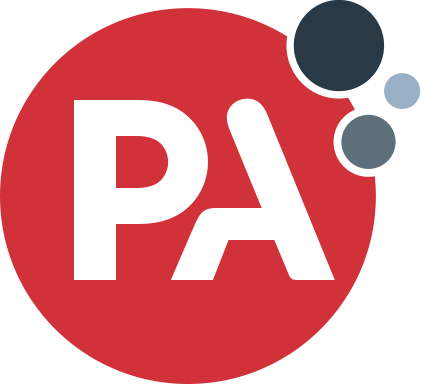
It’s important to strike a balance between avoiding inertia and hitting change fatigue, says Lee Bakewell
You don’t have to go back very far to detect a chasm between academic and professional services teams in universities – each side had a defined role and many times, it was a case of never the twain shall meet. But with student expectations and higher education policy moving so quickly, successful institutions increasingly recognise that good professional services can help them to stay ahead of the market.
“Professional services are no longer seen as a simple back office function; they are key to the sustainability and success of the organisation,” explains Lee Bakewell, business strategy and target operating model consultant at PA Consulting. “The current environment offers an opportunity for professional services within universities to become much more aligned to what the university does, and to prove they can offer value.”
One of the key areas in which this is happening is in student support services, which have seen demands upon them increase dramatically in recent years. “The universities where this is working well have set out a vision for how they want to deliver their services in the future, and they build a structure for the change process that will get them there,” he adds. Research services teams are also becoming more closely aligned to the academics they support, says Bakewell. “In their pre-award support, they’re working closely with academics and understanding in detail what’s going on in their department so they support them in the most effective way. Good communication is crucial.”
But how should a university begin its journey to transforming professional services? “Defining your vision is key” advises Bakewell. “Because it’s such a big transformation, you can’t deliver everything at once, so describe a future and identify the likely transition states you will need to go through to deliver the change. Show the benefits at each stage and assess whether the pace of change is right.”
For more traditional institutions or where departments are more siloed, the cultural and mindset change required will be more challenging. “These are major transformations of how services operate, so getting people to sign up to your vision is critical,” advises Bakewell. To this end, a number of universities have engaged “champions” around the institution to become the “voice of the transition”. Others have engaged external consultants to set the ball rolling and advise on strategy, but have used this to build capability internally. “This is how you get buy in - it’s better that change comes from someone who knows the institution than someone external,” he adds.
Providing evidence of why transformation is a positive thing will help you to build the business case with any sceptics, says Bakewell. “This could be financial projections, enhancing the student experience throughout the student lifecycle, providing superior services for academics or evidence of how your services perform compared to other, similar institutions. There may be concerns about job losses or other structural changes, too, so have an open and frank conversation rather than leaving people in the dark.” Identifying areas that are ripe for change is a good way to get everyone engaged with the process, he adds. “There will be aspects of your services that will offer quick wins - where people are frustrated and already have ideas about how they could work better. Starting with these will foster that energy and get people moving to make a difference.”
Institutions could also make greater use of their own areas of expertise to improve how they operate. Does your university have a world-leading expert in artificial intelligence who could advise on the potential of AI to improve how you offer services to students, for example? This is especially important in light of rapidly changing expectations among the ‘consumers’ of your services, whether they are staff or students. “We enjoy an ‘Amazon experience’ at home where we can order something in three clicks, but then we come to work and everything is more difficult, and it’s frustrating,” says Bakewell. “One of the real challenges is that many institutions are not making the most of their internal capabilities.”
With a goal in mind for how professional services will add value now and in the future, it’s important to strike a balance between avoiding inertia and hitting change fatigue, Bakewell concludes. Universities are already under pressure to respond to government-led initiatives and policy changes, so adding to that burden is unlikely to foster engagement. “You need to understand, as a university leader, that there’s only so much your organisation can take, and so much of people’s time you can draw on,” he says.
Lee Bakewell is a business strategy and target operating model consultant at PA Consulting.
More education insights from PA Consulting.
























